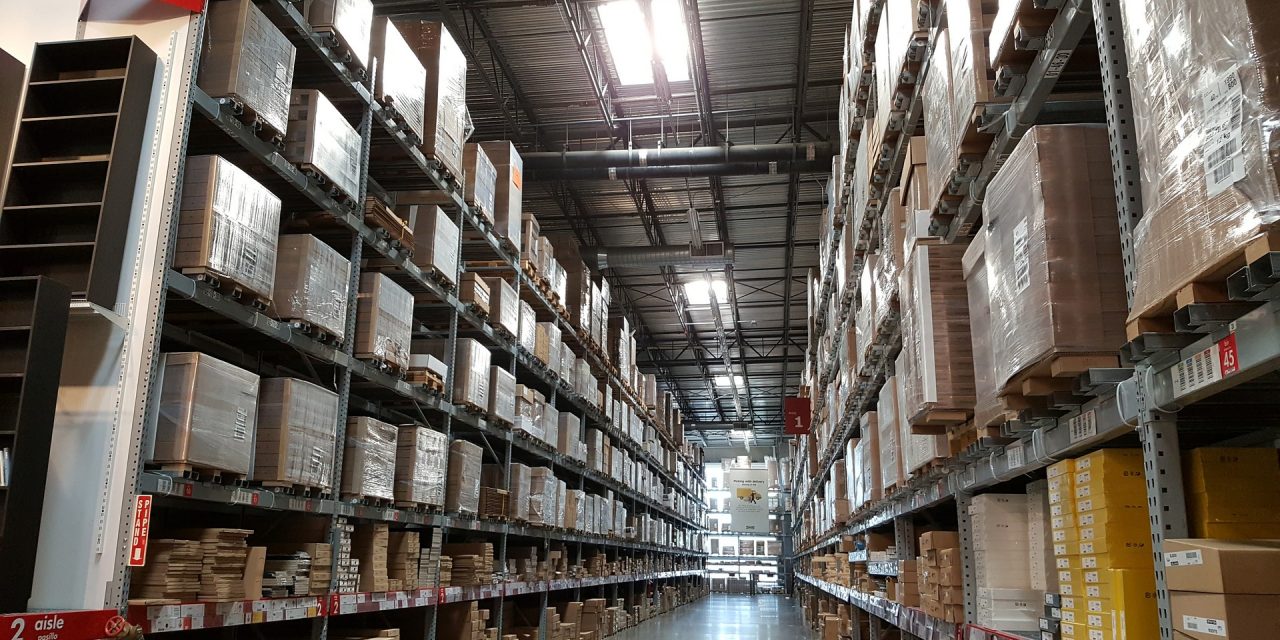Image by icondigital from Pixabay
True, if you’re able to get your products into big-box stores, you can quickly scale your business. However, just remember there are pros and cons in selling to big retailers.
Yes, there are downsides for which you must be aware. Things aren’t always as they seem.
Before you try to negotiate with a big retailer, you must take at least six precautions:
1. Research your options
Investigate which companies will be a good match for you. Companies have different policies and protocols.
Visit at least one of the retailer’s stores. Get really familiar with the retailer, its products and customers. Google the retailer and read all you can.
Remember that even a big box retailer has limited shelf space. If your products are a good fit, anticipate which of the retailer’s products you would replace.
Imagine you’re making a presentation and you feel pressure to make the sale. Suddenly you’re asked about your competition. Bad mouthing competition is not a viable option. Avoid bad mouthing your competitors.
2. Think about your positioning
Big retailers expect professionalism. Differentiate your company and products.
If necessary, fine-tune your branding and logo, know the five value perceptions that motivate customers to buy and the three-step process for overcoming sales objections in the seven steps to higher sales.
Be prepared to give a potent elevator pitch. These positioning strategies will help you overcome any objections to price.
3. Look for diversity programs
More than nine out of 10 big companies have programs designed for small businesses. That certainly includes minority, women and veteran-owned small companies.
You must own 51 percent of your business to qualify. Here’s a good source of information.
4. Know the terms retailers require
Every retailer is different in their net-pay terms. Read and understand the fine print. Ask enough questions.
Anticipate charge-backs. If your products don’t sell, the retailer will charge you back. Take the pulse of your business. It might require you to be resourceful and creative in managing your cash flow.
Understand when you’ll get paid. Forecast your cash flow and how long you can wait for payment.
Some retailers are slow paying – as many as 120 days.
5. Organize your finances
Trust is important with retailers. They must have faith in your financial capabilities.
Typically, retailers require vendors to have a D&B D-U-N-S number, to undergo a credit check and D&B Supplier Evaluation Risk assessment.
Big retailers will also want the lowest-possible price. Know your pricing limitations. Avoid making pricing mistakes.
6. Know whether you can deliver enough products to a big company
In planning for your production capacity, have you considered all contingencies? Planning is vital to make sure sales don’t outstrip your capacity.
Selling to small retailers is a lot different than to big retailers. That includes the ability to fulfill large-volume orders and provide customer support.
All the while, you must be on-time in deliveries, uphold product quality and be profitable in the process. Upgrade your capacity management so production meets sales demand.
From the Coach’s Corner, related tips:
For Profits, Manage Your Growth at the Right Pace — Entrepreneurs frequently try to rush their business growth. Certainly, growth is great but if you scale too fast, you’re looking for trouble. The key is to prepare. Note: You aren’t ready to grow if you haven’t developed a business model that will enable you to attract customers – at less cost – than what they pay you. How do you get there? Success comes after you develop habits that will help you build your brand, develop sound business operations and successfully deal with people.
Big Ticket Sales – Prevent Buyer’s Remorse with 4 Precautions — In big-ticket sales — from consulting services to information technology — customer emotions run high. Buyer’s remorse will cost you a big sale. To prevent buyer’s remorse, you need to be a calming influence in order for the customer to understand you’re providing value.
Profit Margins: 11 Tips to Increase Sales and Minimize Markdowns — Imagine being able to sell your products at full or nearly full margins. How would you like a dream situation – not having to mark down your products? It’s important to develop and implement responsive, multi-dimensional strategies to maximize your sales.
Tech Checklist to Provide the Best Customer Support — Ever wonder why big chains – from quick-service restaurants to electronic products – print invitations on sales receipts to entice customers to go the companies’ Web sites to comment online? They’re doing it for customer engagement. Businesses need insights on how they’re faring with customers.
Sales, Networking Strategies to Build Strong Relationships — Knowledge has always been essential for success. But the ability to sustain strong relationships was and is both gratifying and important for success. Here are tips for strong sales and relationships.
“Profit or perish… There are only two ways to make money: increase sales and decrease costs.”
-Fred DeLuca
__________






